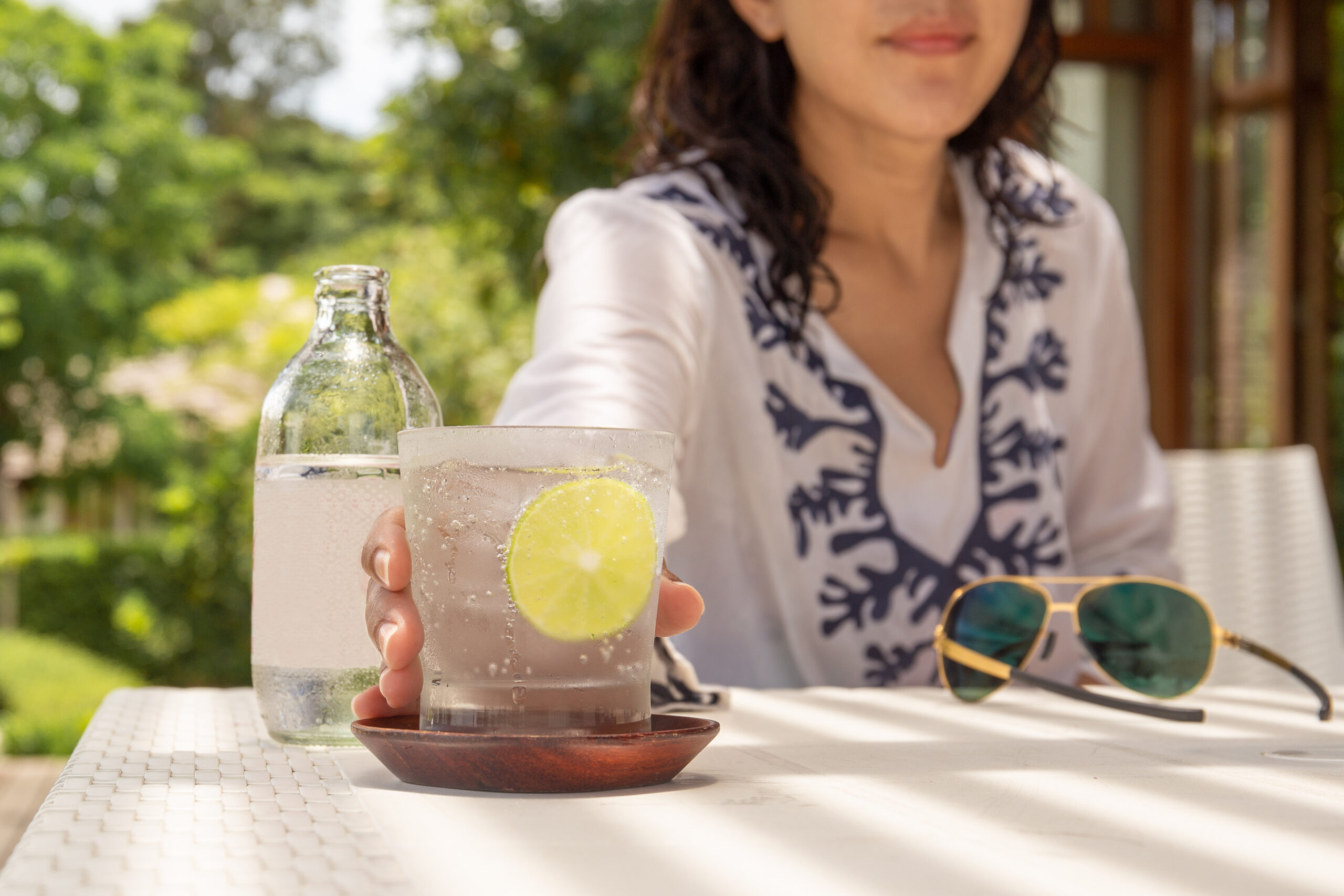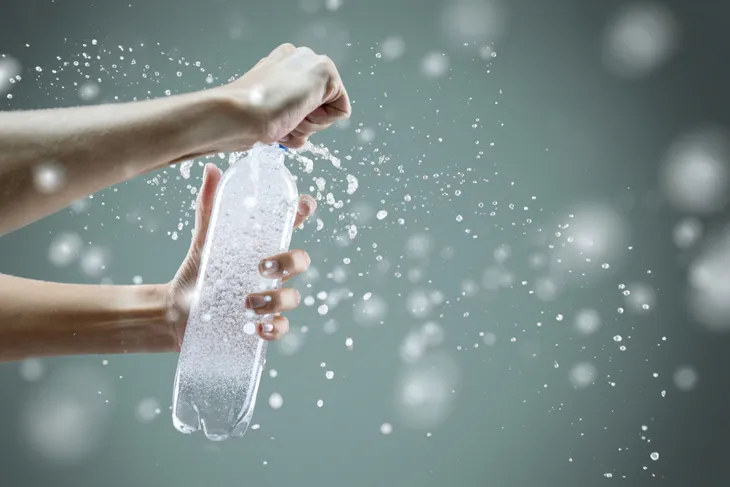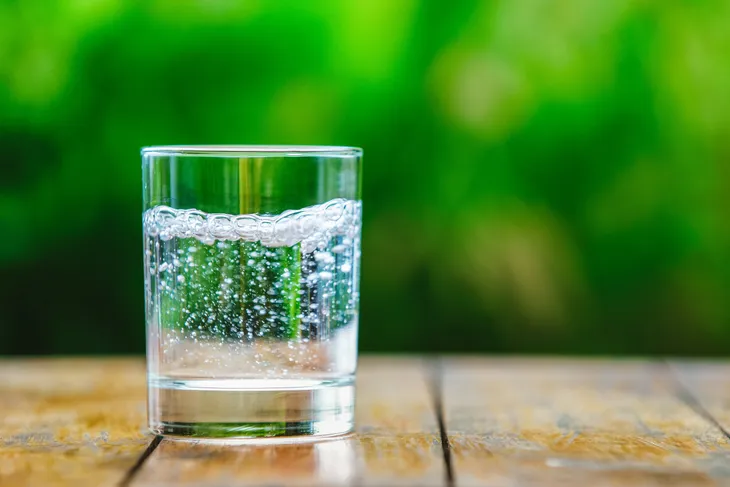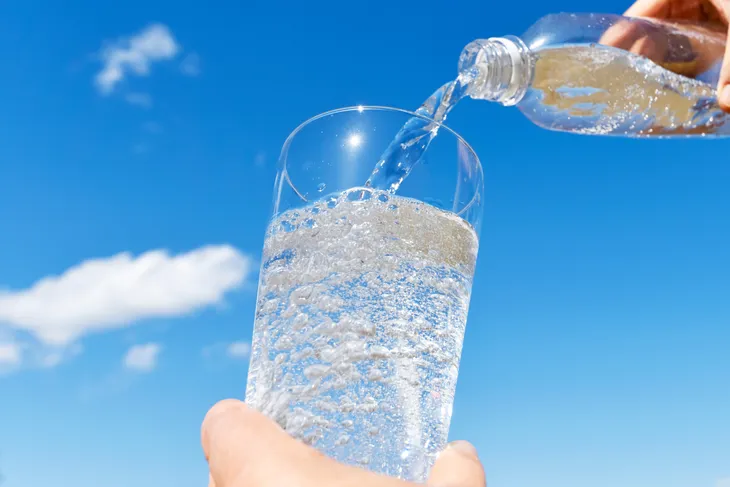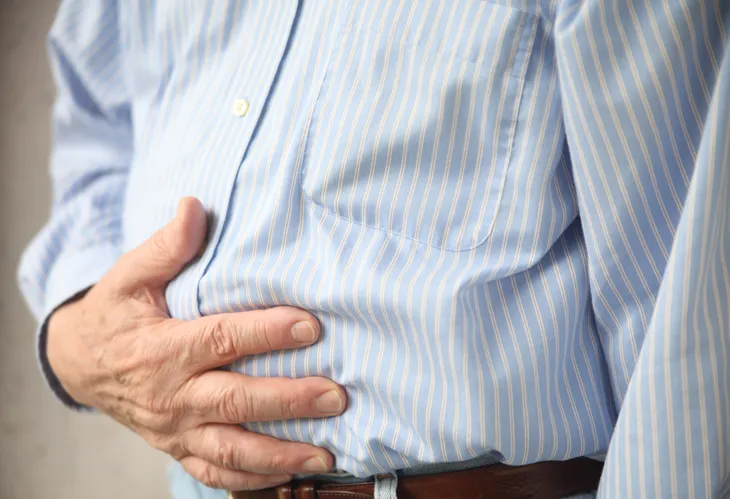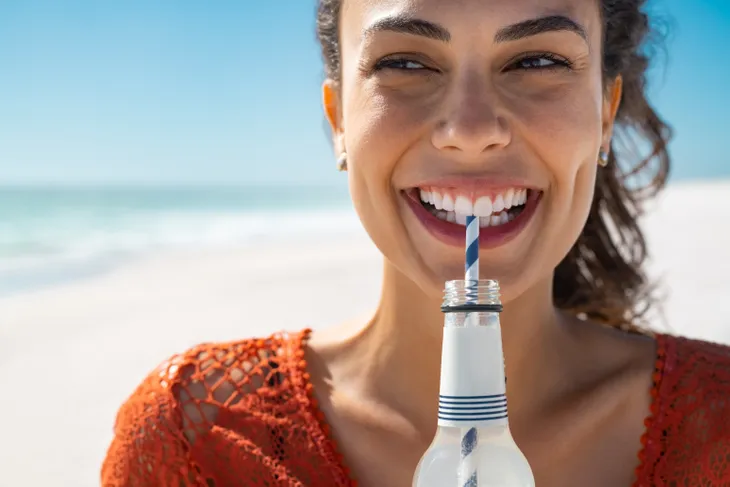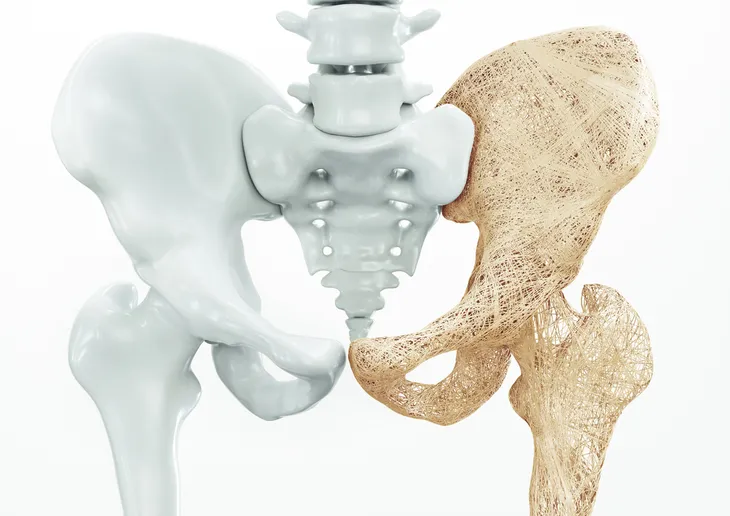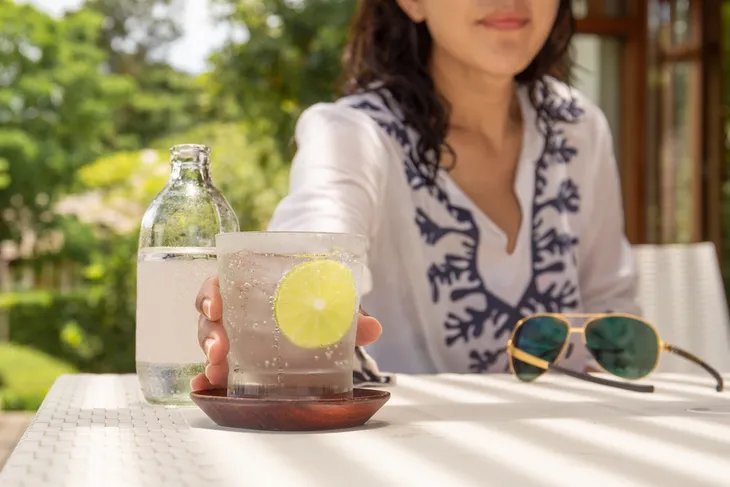- .Carbonated water is water that has been infused with carbon dioxide gas under pressure.
- While it can cause gas, bloating, and may affect dental health, there are also benefits to drinking sparkling water.
- It is hydrating, can relieve constipation, health with weight management, and may even improve heart health.
- There are many options to choose from, but the safest and best choice is plain carbonated water with no added sugars or caffeine.
Carbonated water has become increasingly popular as of lately with several new and already existing brands jumping on the bandwagon to create their own sweet and flavorful product. Many people, myself included, use sparkling water as a healthy alternative to sugary sodas. You still get to enjoy that satisfying fizz but with a lot less sugar and aspartame.
However, there has been some chatter about whether or not carbonated water is actually a healthier alternative or even healthy at all? Have we all swapped one bad habit for another? What is it made of and how does it affect our health (if at all)? We’re answering all these questions and more in this article on the pros and cons of carbonated water…
What is Carbonated Water?
Like the name suggests, it is water, but it has been infused with carbon dioxide gas under pressure, explains Healthline. The end result is that amazing bubbly, fizzy beverage that we have all grown to love. “Apart from seltzer water, carbonated waters usually have salt added to improve their taste. Sometimes small amounts of other minerals are included,” writes the source.
There are more natural options like sparkling mineral waters (i.e. Perrier and San Pellegrino) which are different. These are products of a mineral spring and contain natural minerals and sulfur compounds, but are also carbonated.
Types of Carbonated Water
There are several different types of carbonated water on the market. There’s sparkling water, seltzer, club soda, and tonic water. While they are all essentially just water, there are some slight differences in how they are made. Mineral water is from a spring or well and is naturally carbonated with minerals like magnesium and calcium, explains the Cleveland Clinic.
Club soda is artificially carbonated with added minerals like sodium bicarbonate and potassium sulfate. Another common choice is tonic water which is artificially carbonated with added minerals, such as quinine. This is where the bitter taste comes from. It can also include sugar or high-fructose corn syrup, says the Cleveland Clinic.
Seltzer water is also artificially carbonated. It comes either plain or includes natural fruit flavors and/or sugar. The Cleveland Clinic does point out that the U.S. Food and Drug Administration (FDA) technically differentiates between seltzer and sparkling due to the carbonation process, but they are the same.
Benefits of Drinking Carbonated Water
Weight Management
Carbonated water makes us feel full (more so than regular water) which limits the amount of food we eat. This is how it can help with weight management. Drinking carbonated water may help deter a person from any unnecessary snacking. Not only does it make us feel full, sparkling water can also help food stay in the stomach longer creating an even greater feeling of fullness.
Prevention cites a study published in the Journal of Nutritional Science and Vitaminology which found that carbonated water can have a short-term satiating effect. To back this claim up, another later study had similar results.
Provides Hydration
We all know that drinking water is essential to our health. We need water to survive, yet most of us struggle to consume enough throughout the day. Once upon a time we were told to aim for 8-cups or 2-liters of water each day. Today, the Centers for Disease Control and Prevention (CDC) states that there is no formal recommendation other than making sure to choose plain rather than flavored water and juices.
It goes on to say that drinking water can prevent dehydration, “a condition that can cause unclear thinking result in mood change, cause your body to overheat, and lead to constipation and kidney stones,” writes the CDC. Good news for people who love sparkling water, it can be just as hydrating as still water, so there’s no harm in swapping out still water for the fizzy stuff. Just remember no added sugars!
Risks of Drinking Carbonated Water
Gas and Bloating
Now that we’ve gone through the benefits of carbonated water, let’s take a look at some of the potential downsides. We mentioned this earlier, but unfortunately one of the common side effects of drinking anything that is carbonated is that it will cause bloating and gas, especially if it’s consumed in larger quantities.
The Cleveland Clinic warns people who are prone to burping, bloating, gas, or stomach pain to steer clear of sparkling water. This also goes for people who aren’t but begin to notice them happening. If this happens, scale back on consumption and substitute with still water.
Teeth Decay
Another downfall is that both artificial and natural sparkling waters contain CO2 which means it’s slightly acidic. “Acid in food and drinks can erode the hard protective layer of the tooth, known as enamel,” writes Medical News Today. To back this up, a 2017 study found that artificially carbonated water did in fact erode tooth enamel in a laboratory setting and was worse with higher levels of carbonation.
Some sparkling waters have even higher levels of citric acid to enhance their flavor, explains Medical News Today. “Citric acid can also increase the acidity of the carbonated water, which can lead to erosion. The addition of sugar in some carbonated water also increases the erosion effect on enamel.” Drinking through a straw may decrease the amount of erosion. You’ll avoid the teeth as it passes through the mouth.
Myth: Calcium Loss
There is a myth in circulation that drinking carbonated water causes calcium loss in bones. This is because researchers believe the phosphorus in some sodas can reduce the amount of calcium our body is able to absorb, explains Medical News Today. Another contributing factor is a study from 2006 which found a link between cola beverages and low bone mineral density in women.
Despite all this, it has been disproven that carbonated water causes calcium loss. This is because it does not contain phosphorus, says Medical News Today. In addition to that, the National Institutes of Health (NIH) found that most people get enough phosphorus just from the food they eat on a daily basis. Not only does carbonated water not affect our bones, but the National Osteoporosis Foundation came out and said that some carbonated mineral waters can help improve bone health, as long as they do not take the place of calcium-rich beverages (i.e. milk).
Should I Drink Carbonated Water?
The answer to this is a personal choice and whether or not the few risks outweigh the benefits. The best rule of thumb to follow is the same rule we advise for most foods and drinks. Everything in moderation. In fact, Christy Brissette, MS, RD, President of 80 Twenty Nutrition in Chicago tells Prevention that she recommends it to people who are trying to cut back on their soda consumption.
You should try to be mindful about the brand or type. Avoid anything with added sugar. Choose a plain option and boost the flavor by adding frozen or fresh fruit. “You can drink sparkling water all day every day as long as it doesn’t lead to gas or bloating,” says Brissette to Prevention. “I don’t see a reason for the majority of people to hold back on sparkling water, but I wouldn’t recommend it immediately before and during moderate to high-intensity exercise, since it might cause gas.”
Keep Sparkling Water Simple
Again, the safest route is to keep it simple. The biggest danger is added sugars or sweeteners, but if the soda water is plain, that shouldn’t be an issue. “Sparkling water may contain sugar, artificial sweeteners, caffeine and other additives,” warns registered dietitian Lauren Sullivan, RD to the Cleveland Clinic. “But the best kind is the simple, straightforward kind, just water and carbonation.”
You want to limit sugar consumption because according to the Cleveland Clinic, it can cause heart disease, diabetes, obesity, and other chronic conditions. Artificial sweeteners are equally as bad as they can cause stomach issues. Also, try and limit caffeine intake. The source reiterates that as long as people stick to the basics, it qualifies as water and is safe to consume.
